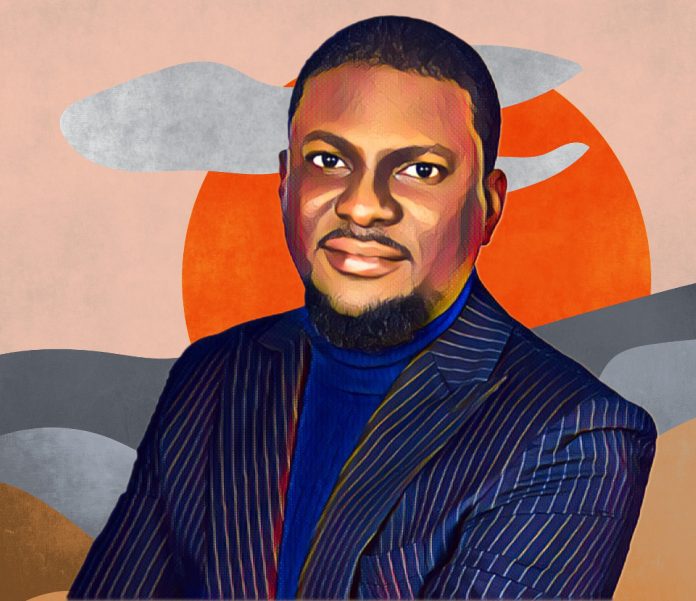KEY POINTS
- Many Nigerian politicians believe debates have little impact on election outcomes.
- Fear of media bias and public scrutiny discourages candidates from participating.
- Leading candidates avoid debates to prevent giving visibility to lesser-known opponents.
Public debates have become necessary parts of the democratic process in Nigeria so political candidates can display their policies and interact with their opponents while answering voter questions.
Various Nigerian politicians especially those occupying prominent roles tend to abstain from public debates. Several factors contribute to this aversion.
Perceived limited impact on electoral success
Elected officials tend to stay away from debates because they do not believe these interactions will change election results.
Several political representatives believe the voting populace of Nigeria does not consider debates essential as they vote for candidates
Human rights lawyer and political commentator Frank Tiete noted that candidates often view debates as inconsequential in determining electoral success, citing instances where leaders have won elections without participating in debates.
Concerns over media bias and unfair questioning
Debates have sparked politicians’ concern regarding prejudicial media conduct.
Several media organizations are suspected of maintaining prejudices toward select candidates or parties. Participating in such biased debates could lead to unjust treatment of candidates by the media.
This perceived lack of neutrality discourages participation, as candidates prefer to avoid scenarios where they might be subjected to hostile or skewed scrutiny.
Avoidance of public scrutiny and accountability
Candidates undergo direct inquiries and immediate public evaluation in public debates which urges them to present their policies precisely while defending their accomplishments.
Politicians occasionally choose to refrain from debates to reduce their accountability since they prefer managed conversations to dodge challenging questions.
The decision to abstain from debates restricts voters’ ability to execute a thorough assessment of a candidate’s experience and political agenda.
Educational and intellectual preparedness
To participate in debates, candidates need sufficient intellectual capacity coupled with specialized knowledge.
Candidates who lack enough policy preparation or want to avoid exposing their inadequate understanding opt out of debates.
Such worries motivate candidates to avoid debates to guard against possible humiliation and harm to their reputations.
Strategic campaign considerations
From a strategic perspective, leading candidates evaluate that debates prove beneficial more to their less-known opponents.
Their decision to use shared platforms would benefit the adversary candidates by increasing their visibility.
Consequently, frontrunners may choose to avoid debates to maintain their lead and deny exposure to competitors.
Conclusion
Many Nigerian politicians display reluctance to participate in public debates due to their perception that debates do little to influence electoral outcomes, media bias apprehensions, avoidance of scrutiny and doubts about their preparedness and campaign strategies.
The democratic process faces difficulties due to this developing pattern because voters lose the chance to base their choices on complete assessments of candidate skills and plans.



